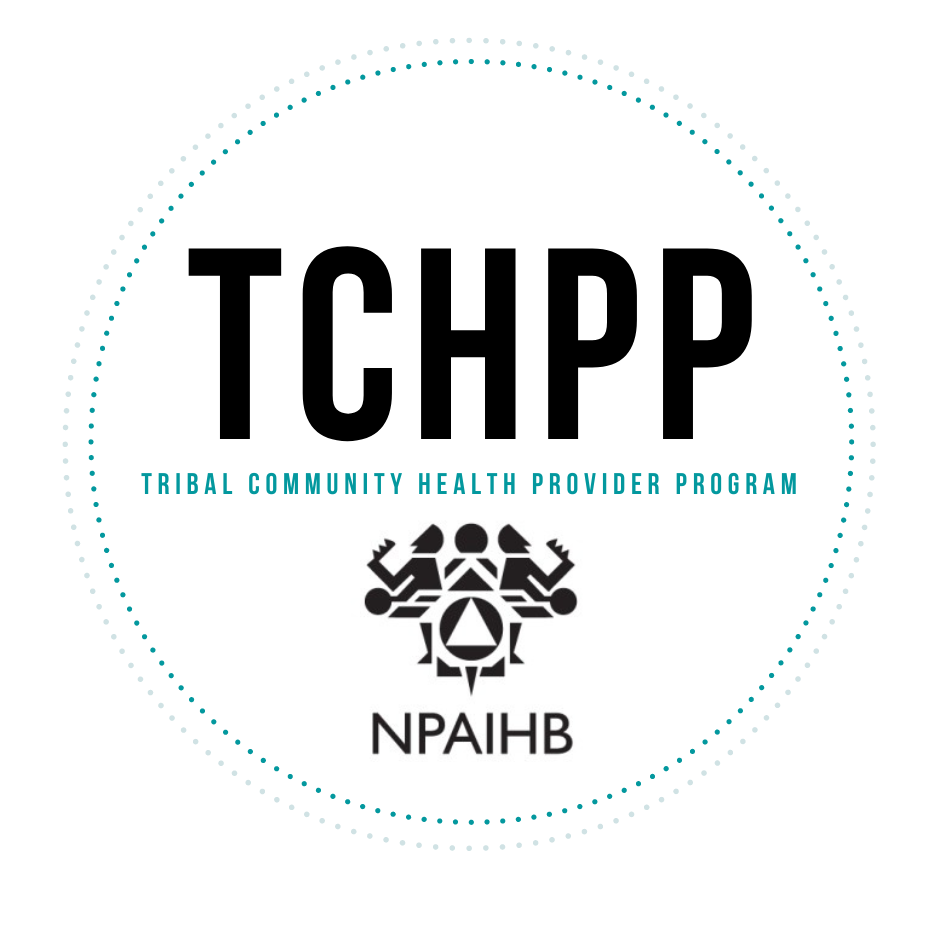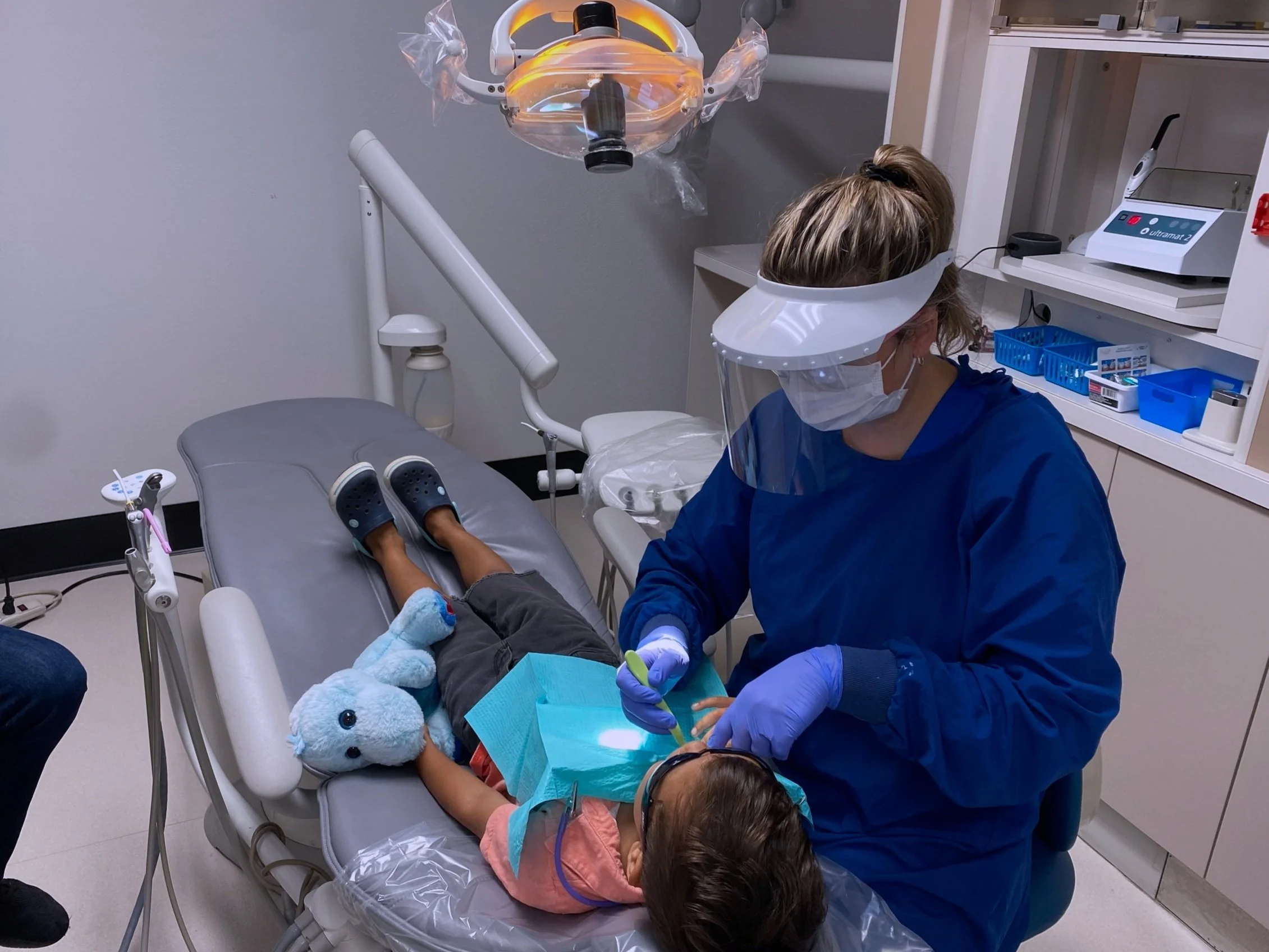About Dental Health Aides
About Dental Health Aides (DHAs): A DHA is a primary dental provider serving tribal communities delivering routine and preventive care under the supervision of a dentist. In our area, DHAs are certified by the Portland Area CHAP Certification Board (PACCB), which certifies and sets standards for DHAs. Each level of DHA meets specific certification requirements and engages in a specific scope of practice.
There are four levels of Dental Health Aides:
Primary Dental Health Aide (PDHA I and II)
Patient education; including oral hygiene instruction and nutritional counseling. Fluoride and antimicrobial treatments, community health prevention and education programs
Dental assisting duties, radiology, medical and history taking, patient documentation, dental charting, instrument handling, chairside assistance, sterilization procedures, atraumatic restorative treatment, sealant placement, dental prophylaxis; Including scaling and polishing, calculus and stains coronally
Expanded Function Dental Health Aide (EFDHA I and II)
PDHA duties and applying topical anesthetic, placing and removing rubber dams, restores teeth prepared by dentist or DHAT, pre-fabricated crown placement
Dental Health Aide Hygienist (DHAH)
Sub gingival prophylaxis, non-surgical periodontal therapy, local anesthetic, periodontal probing, additional dental hygiene duties
Dental Health Aide Therapist (DHAT)
PDHA and EFDHA skills, diagnosis and treatment of caries, uncomplicated extractions, local anesthetic, primary teeth pulpotomies
Benefits of employing/training a DHA:
Increase access to dental care
Opportunity to treat more patients – add additional providers to the dental team
Dental clinics/communities can tailor the type of DHA needed for their team & community
Reduce patient wait times
Communities receive dental care from their own peers and community members which
Fosters a culture of health and holistic healing within communities
Provides evidence-based, culturally responsive and trauma-informed oral health care
Increases retention and longevity of providers in the community
Develops a trusting environment within the community
Allows dental providers to work at the top of their license/scope
Increase revenue/encounters – DHA services are billable
Improve community partnership
Community-based care:
Community health prevention and education programs
Dental screenings and referrals
Maternity care
Hospital visits
Children services (Head Start)
Elder care
Effective care:
Early – begin oral education and treatment at a young age
Frequent - frequent care for optimum oral disease prevention
Prevention-focused – reducing the risk for oral disease
Patient centered – respect for patient’s values and preferences, transparency in information sharing, coordination of care between patient and provider with the patient’s values guiding clinical decisions

Pictured: Licensed DHAT Kari Kuntzelman
Dental Health Aide (DHA) Resources/Handouts
Take a look at DHA resources, one-pagers, toolkits, and more! Click below to access.
-
To access, click here.
-
To access, click here.
-
To access, click here.
-
To access, click here.





